Harvey Cooper is one of the most interesting individuals you’re ever likely to meet. A man who witnessed music history from the very start to its sad demise. Demise? Well, anyone who has any knowledge of the business knows that it’s not the same anymore. This interview is about the creativity, the drive and ambition of the pioneers who made the hit records, the classics, the legends and many of the songs you hear on the radio. Let’s meet Harvey Cooper – the promoter.

Harvey Cooper during his early years.
Harvey, thank you for agreeing to this interview.
It’s my pleasure!
I have to start by asking you about your work on the Star Wars soundtrack for 20th Century records. What happened there?
I made decisions on all 20th movies for the soundtracks. One day I get a call from the president of the film division, Alan Ladd, Jr., about a film and I saw it.
He asked me if I wanted the soundtrack. The overall production of the soundtrack was symphonic and oddly it fit. Somebody wanted to discard the movie but didn’t think it had anything and wanted us to pick up the option. I thought it was going to be a big picture with children. That was Star Wars. I handed John Williams his first triple platinum album. That was pure luck. Universal thought they had a loser.
Did 20th Century do “The Story of Star Wars” too? That was a great concept— narration and music to tell the story of the first film.
Yes. That was my idea. It went gold too. We thought that we could get away with it and people asked about it. So, we did it.

“Jolly What” was the album that put the Beatles and Frank Ifield together on an album. It is now a collectors item.
Let me take you back a few years. In your earlier career you worked for Vee-Jay, correct? The company who put Frank Ifield and the Beatles on one album called “Jolly What?”
I promoted all of that. The first time I had a Beatles record called Please, Please Me. I got it played on the radio and we sold 3,500 records and then it came—that blast from England—and I took it back out and it sold 300,000 records. The same record. I used to have acetates of the Beatles album at my house. Those acetates now go for $250,000 each. I think it’s in my mother’s old house in the basement someplace. I’m not a person who saves things. I was awarded 100 gold records that I never accepted. I told them, “The day you actually have gold bullion on them, I’ll accept it. When you spray it gold and give it to a CPA, that’s when it loses its charm.”
That album that you put Frank Ifield with the Beatles on one album though… That’s creative.
We had hits with Frank Ifield. “I Remember You” was a big one.
Anything went.
The Vee-Jay stuff is fascinating, isn’t it? The material they managed to get and sell from all over the place.
Hit after hit, after hit, after hit. I helped break the Four Seasons with Bob Crewe the producer. Bob Crewe. I met him in the early 60’s. He looked like a guy who was dressed a hundred years ahead of his times. “Harvey… I have twelve hundred dollars in my pocket. The way I live, that’ll take us to dinner so this better be a hit record.”
That was Sherry by the Four Seasons.
We had four top forty stations playing it and it busted all over the place. Two weeks after his visit he sends me a leather case with my name in gold printed on it. I open it up and there’s a check for a thousand dollars in it. In 1962 that was a lot of money. We have two more hits and they’re all on VeeJay. The first three big hits were on VeeJay. The second hit was called “Walk Like A Man” I’m at my apartment and a delivery guy comes with a giant plant from Bob. He turned me into this greedy person. I dug up the plant because I thought there might be money in there. I remember thinking, “What has this business turned me into?” He was a great producer. We all ended up in Los Angeles and I saw him all the time.
Later you worked for RCA. Why do you think RCA was such a powerful force on the market?
I think the name was so powerful they tried to feature the greatest artists they could in every field. The class artist. RCA always had [Elvis] Presley, our front guy, and classy things that were considered the best of the best. We were the ones who first had HAIR when it was shown at the Cheetah lounge before it came to Broadway. We had the Sound of Music, The Boston Pops all those great people. RCA prided themselves with the best.
You had a great country division, too. That was one of the strengths of the company, right?
Yes, yes, we did. Chet Atkins headed it. He was a master guitar player and an interesting guy. I remember at one time I used to visit him while I was the national promotion director of radio and artist relations. I used to visit him from time to time in Nashville. He just had an album out that I loved. He said, “You think I’m pretty good?” I said, “Yeah, I do!” He said, “Meet me tomorrow at nine o’clock at the studio.” I went to the studio to meet him. He had an old Cadillac and he said, “Come with me.” We drove an hour and a half (or forty-five minutes, something like that), and we ended up in the rolling hills and mountains. We came to this amphitheatre and I see these people streaming down with banjos and guitars and they were playing. He says, “Do you get it?” “Get what?” “DO YOU GET IT? Do you notice how fast they are playing? They copy that from records that have been sped up. They don’t know any different!” I’m saying to myself, “Why isn’t there someone here to authenticate what I’m seeing!” Just crazy. I miss that business to this day. You remember the series Mad Men? This was Mad Men on steroids!
You must have woken up wondering what would happen every single day-
I didn’t even know how much money I made! I thought it was much, much better than working—you kidding me!
You must have really seen some interesting things that went on behind the scenes.
I witnessed moments of history. When Elvis made his comeback in Vegas— they flew the whole staff in for that. I used to work with the Colonel when I was the regional guy in Los Angeles. He was a character. He was a guy who liked to make people crawl. I used to have to go to his house in Palm Springs and play nicely. I only did it once because I didn’t like the way he talked to me and let him know about it. He could have fired me – but he didn’t. I
think he respected that I had some selfrespect. When we were at the Hilton when Elvis opened, I am telling you that everyone who ever played Vegas was at that show—Sinatra, Dean Martin, all the comedians and so on. They were so sure that this Rock and Roll guy was going to fail. It was a festive atmosphere. I’m not gay, but you can’t take your eyes off this guy Presley—he was really that good looking and when they announced his name “Ladies and gentlemen, ELVIS PRESLEY,” and the lights are flashing but he didn’t come onto the stage. He came from the rear. Mouths were gaping open. They witnessed something they’d never seen before. This guy was the KING of Rock and Roll. They saw it for the first time and he wasted them with his performance. He was one of the great singers of our time. The women would lose it.
The next day Colonel made everyone stay over—a ploy to show his power— he went to one of those quick printers and printed up these certificates with ribbon that he would give out to the people who attended the show. Anyway, Norman Racusin who was the president of RCA was in the room. He has a little diamond pin and the Colonel comes up to him and asks what it was. “That’s my anniversary pin for twenty-five years with RCA,” Racusin explained. “Hey,” the Colonel said. “Me and my boy have been here for twenty-five years. How come I don’t have a pin, Norman?” Norman explained it was for employees, but the Colonel was insistent. Racusin excused himself, left the room and came back to tell the Colonel that the pin would be with him within a few days. I knew then that rules didn’t matter. It was just great though. History. It was different to anything I’d ever witnessed before but that went on all the time.
But there was always room for more talent. It wasn’t just a few people at the time making the hits and all the wanna-bes.
Exactly. There was Elvis Presley and then there was the next guy coming up. An even playing field in the 60’s all the way to 1979. You can mark it with a stick when it stopped being an even playing field.
Just jumping back for a moment. How do you feel about Colonel Parker, Elvis’ manager and one of the first rock star managers, looking back from today?
If you look back at his history—he was a guy who jumped ship. He was an illegal immigrant. I don’t know if people know about the things he did. He was Eddy Arnold’s manager when Eddy was just starting, and he was one of the biggest country and western stars ever. In the 1950’s I got to tell you he owned a product called Hadacol. It was an elixir. Snake oil! He sold it to a big firm and they got caught because there was alcohol in the thing. You can’t make this up. A barker in the carnival. He had that kind of appeal. He wasn’t kidding around and the deal with Elvis was a handshake. No paper.
The other thing is he had instincts. I went to his home and he had a whole war room. He ran Elvis’ career like it was a war—like he was a general in a war. Finely tuned fan clubs in every state with a president. He knew each president, as did Elvis. Elvis used to stay in their homes, he would buy them Cadillacs, they in turn put out the word in their states and regions every time that Elvis had a movie or a record out. It was the strongest thing I’ve ever seen. He had certain rules that proved true, for example, he didn’t want Elvis to do television—he felt that television was a killer and that proved true. He did some great things. I didn’t like the man, but he did some great things.
Here’s a question. Was it easier to sell catalogue material like reissues and greatest hits, or regular albums?
The company placed certain pressure on certain items for various reasons. They spent tons of money on movie soundtracks. A lot of print ads, a lot of radio ads, a lot of TV ads. They spent a lot of money on things they were sure were winners. If we had any indication they would go to war with it. They knew they’d get the money back. We had two albums of HAIR—the original one from the Cheetah lounge and the second album from Broadway. It was huge! The show is still going on.
What happened between those days and today that made the industry so uneven?
The key was that it was a level playing field. If you had a good record, you’d get it played on the radio—but you’d get it distributed just like a major record company. Back then they had independent companies that were almost the equal of major record companies—companies like A&M records, Atlantic Records, Motown Records—it goes on and on. They had a system. An independent system. There were a series of independent distribution companies in regions all over the country—usually based in major cities. In these distributors they had all the functions of a record company on a regional basis with the exception of actually creating a product. Sales people, marketing people and administrators. These companies would assume the function of promotion, getting the record played on the radio, and selling the record. We had all kinds of stores—mom and pop stores, one stops—we would visit everyone and sell every genre of music. If you had a good record, the major record companies would push it and if you were a talented person they believed in, they’d push the second record, the third and the fourth and so on. That’s not how it is today. Back then a jock would get on the radio and hit the record they liked three or four times in an hour. “Did you hear that! This is going to be a smash hit!” They’ve taken that away from the artists. In the late 70’s the independent companies started to leave the fold of independent distribution, which was the equal of major distribution, but they went with the majors because they were willing to pay more—and quicker. They all started to leave the fold and they left them without the product they could operate with, so they died.
So the distributors actually managed to kill their own industry?
I tried to stop that in 1980. I took a lawyer and advertising guy, and I had a plan. I said to the distributors at the convention, “You don’t have to lose out here. Get together, give me some money and we will buy into four catalogue selling acts and if we had stars we could compete.” Nine months we had meetings and then the egos started, and they died.
It’s a shame they couldn’t see the writing on the wall and save themselves. They really should have taken a step back and listened to what you had to say.
It was a shame. I lived it. I have performed every function—promotion, sales guy, administrator. I represented Motown. I had about twenty labels I represented in that area. I’m from Detroit originally and one of my best friends was a vice president over there. I was there almost every day. He used to take a lot of their artists to record hops. I knew the artists too and knew the operation very well. It taught me everything I needed to know about the record business.
How does a record company actually develop talent?
First of all, you have to have a good product—it’s everything. These people had two studios at Motown. It’s now a museum but at the time it was going 24/7. It was preparing people for live performances once the records made it. But if they felt that the performances weren’t strong enough, but the material was good—they’d go right back in and re-record it until they’d got it. That’s the secret to A&R. They had a great product and learned how to process it through distributors. It was a development. An artist development situation. As you went region to region, different singers were hot. The boy singers from Philly, the acid rock from San Francisco. They created the same talent development. All the good musicians, producers, places to prepare the artists for live performances. You have to have the artist development going for you or it doesn’t work.
Creating and maintaining product and artists is a bigger task than people may realize. Do you think modern technology has made it easier?
Today it’s very interesting. It’s different but you can create your own version. Technology can kill you—but it can help you if you know how to use it properly. I told a lot of my guys, and I’m an old guy now, “You can do it yourself if you have some resources— you’ve got people who know the social media business, you have people that can create videos. What is a video? A video gives you exposure.

Jose Feliciano performs the national anthem.
You don’t even have to perform live anymore. Use whatever it is that you have to create impact.” You have to have this brain trust and create images that are bigger than the business. They don’t do that anymore.
It does seem that the industry has lost all of it’s magic—they don’t hype things like they used to.
That’s exactly right. The consumer knows it all. They tell you exactly who you are, exactly how deep it goes and how long it goes if you know how to listen. In 1968 I was working for RCA. Do you remember Jose Feliciano?
Yeah!
He was very big at the time. He was a folk singer and we worked with him for five or ten years with the coffee house shit and his bad jokes. He was pretty good. We did a couple of R&B things with him and he was playing Vegas. The Detroit Tigers won the American League and were hosting the World Series at that time. The Tigers’ broadcaster was a friend of mine and he wanted to put together some artists for the anthem during the home game. I suggested Jose. Ernie was an amateur songwriter and loved the idea. I suggested we could fly Jose in and out just to do it. Jose said he would love to do it. “I have a new version,” he said. “Wonderful!” I said. We were on the field and Jose performed the National Anthem—the soul version of the National Anthem. We were in Detroit and the audience were throwing shit into the field. “How did I do?” Jose asked. “Keep walking,” I said. We almost got fired. It was videoed, and you’d say it was very mild now but at the time the people were so upset you have no idea. Forty years later they’re honored by the whole thing. There’s a monument at the stadium honoring it. It wouldn’t even strike you as being this crazy, radical thing now.
What do you think were the effectiveness of print ads—did they have any impact?
Yes. I think in serious publications like Rolling Stone it was very effective. People saw Rolling Stone as a serious magazine and responded accordingly.
How about publications like Billboard magazine?
Billboard was the bible if you wanted to find out if something was really a hit. You had to go to the top ten. Everything else was bullshit. A lot of companies put pressure on them. A lot of stuff I don’t want to get into that I’m trying to forget. The top ten was the top ten, and there was no getting around. There were legit papers. A tracking sheet of new music called “The Gavin Report.” Nobody messed with him—Bill Gavin. No advertising in his magazine and people believed in him.
Billboards?
Yes. I think they’re effective. Too expensive now but very effective. Millions of people driving to a certain place. If it’s placed in the right place it could be very, very effective.
And radio was very important—
Well. Like I say, you can create your own exposure. In the first phase of any marketing campaign is to find out if it’s legit or not. You have to get enough exposure to find out of the product can sell—if it can’t, then you’re wasting your money. Is this a viable piece? Let’s view the results. It depends on how deep you go and how much resource you have. If you don’t have a lot but you know the norm, anything over the norm tells you something. But you have to know how to read it.
Did every album released by RCA get promoted? Or did you allow some to just do what they were going to do? Did you spend money on everything?
Like I say in the sixties and the seventies the leader was a single record. That was the test market. Now, you could put out a single whether you were a major artist, or a new independent artist. If you had a good record and you had representation you could get major airplay, and a distribution deal. In six weeks if you had airplay and records out there in the stores—you knew damn well what you had at the end of two or three months. If it was good you knew you had an album. The albums that sold the best were the ones that had more than one hit on them. There were a lot of fillers that didn’t do well.
One hit record with nine filler tracks didn’t sell so well?
It sold some on the strength of the hit record, but it didn’t do as well as an album with several hits.
You’d expect higher sales for a greatest hits album than a regular album?
Exactly. All you had to do was make sure people could find out about it.
How often could you reissue without wearing out the market?
You’ve got to be careful there. If it came too soon it wouldn’t do well. You had to know exactly the timing.
If you got the timing right, you could keep reselling the same material?
Yes. The catalogue is the strength of your company. Catalogue is the secret, there’s no question.
If something in the catalogue started selling would you look to release a brand new album?
A lot of events could take place to tell you that. For example, covers. Someone covers a tune that was a hit on one of your albums—that could rekindle it again.
Always looking for opportunities to resell the records?
That’s what makes classics.
How did you find working against a company like Columbia?
Columbia was our arch rival. We were considered major record companies at the time and they were our rivals. It was like Los Angeles playing the San Francisco Giants. We hated each other. It was very competitive. At the same time, it was almost a family if you were on the road. Strange thing. It was a strange phenomenon.
Was RCA the strongest catalogue company?
No. Columbia was. I hate to say this because I was an RCA guy, but Columbia was the better company.
Why?
They were better marketeers. I think RCA wasn’t as serious about their record company. It was a very minor part of their corporation.
What do you believe truly pushes records and makes a hit?
Music mirrors the times. Every once in a while somebody comes along that is talented, writes great songs and is a singer. Adele comes along and sells 100 million records and you can’t get into her concerts. That’s the goods. You don’t have to be a genius to figure out she’s in the hearts and minds of those little girls.
You worked with our future cover star, didn’t you—Peter Nero?
Yes. He was one of our artists. He was a gentleman. He was very easy to work with. I worked with RCA at the time. We worked with our artists very closely. I worked several regions as the country as the artist relations guy. Peter was one of our artists for many, many years and wherever he went, our representatives used to take him around to the local media. He used to give us his time and we chose to promote him locally wherever we could.
Well thank you for your time, Harvey. It’s been a pleasure talking to you.
Likewise.
You can read more great interviews from Westerner magazine by clicking here.


![Timber: United States Marshal Chronicles: Bounty Hunter on the Border: A Western Adventure (Robert Hanlon: The Timber U.S. Marshal Chronicles Western Series Book 3) by [Cobb, Douglas R., Hanlon, Robert]](https://images-na.ssl-images-amazon.com/images/I/51RiJD%2B9wOL.jpg)
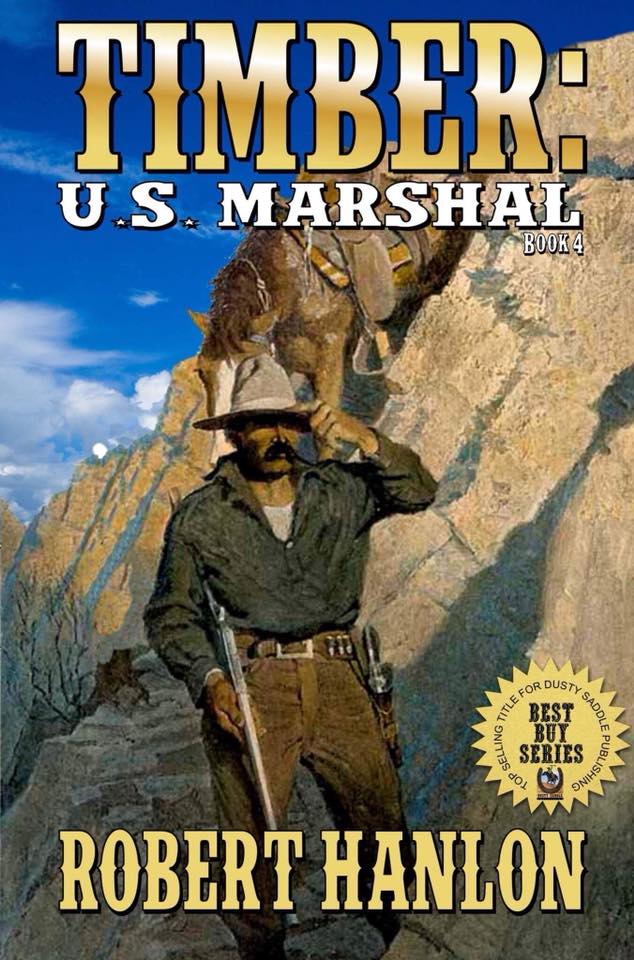
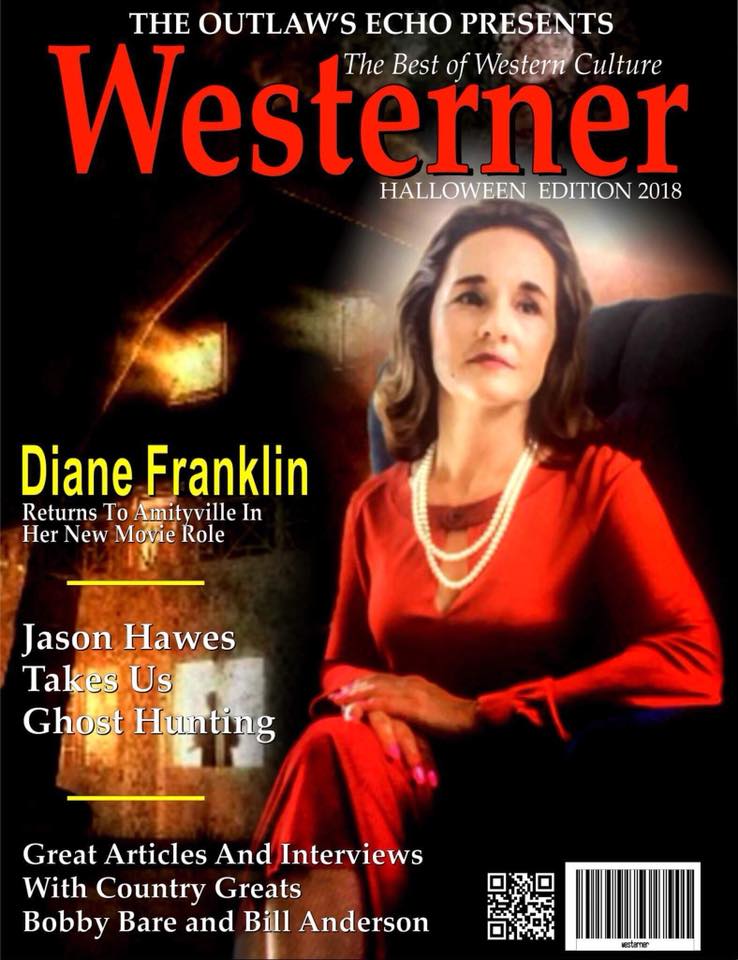


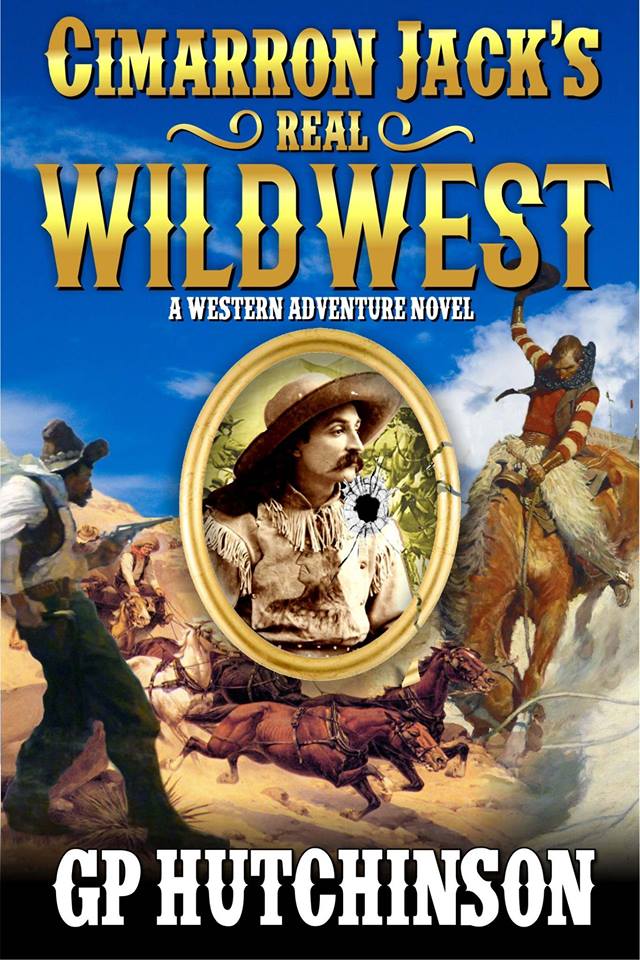


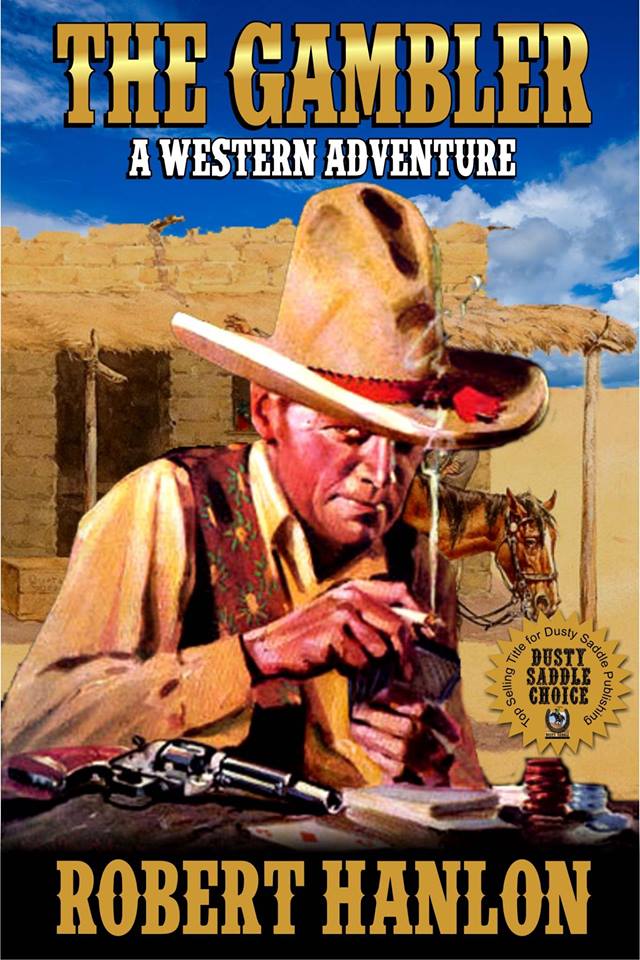
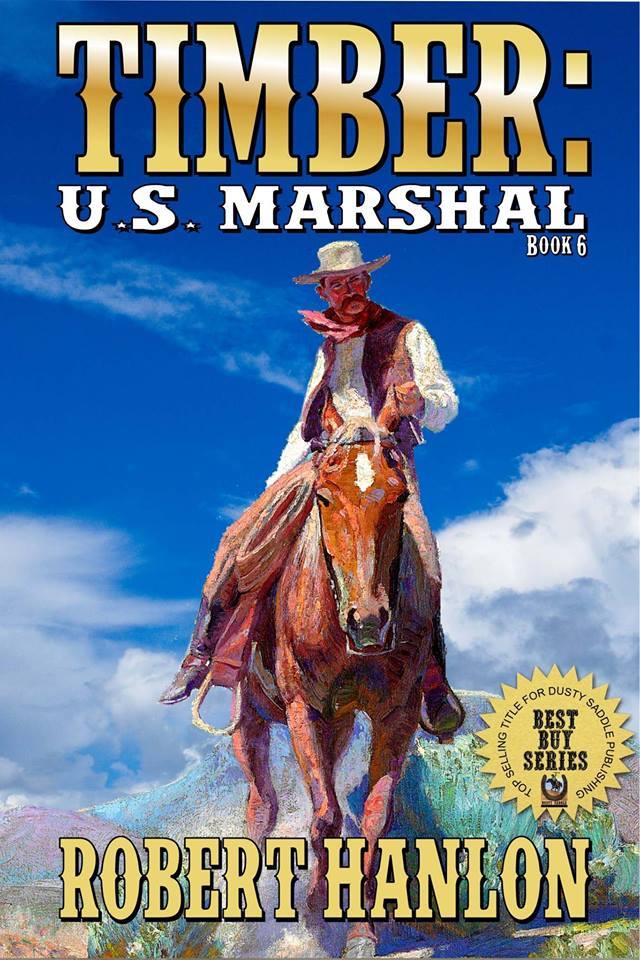

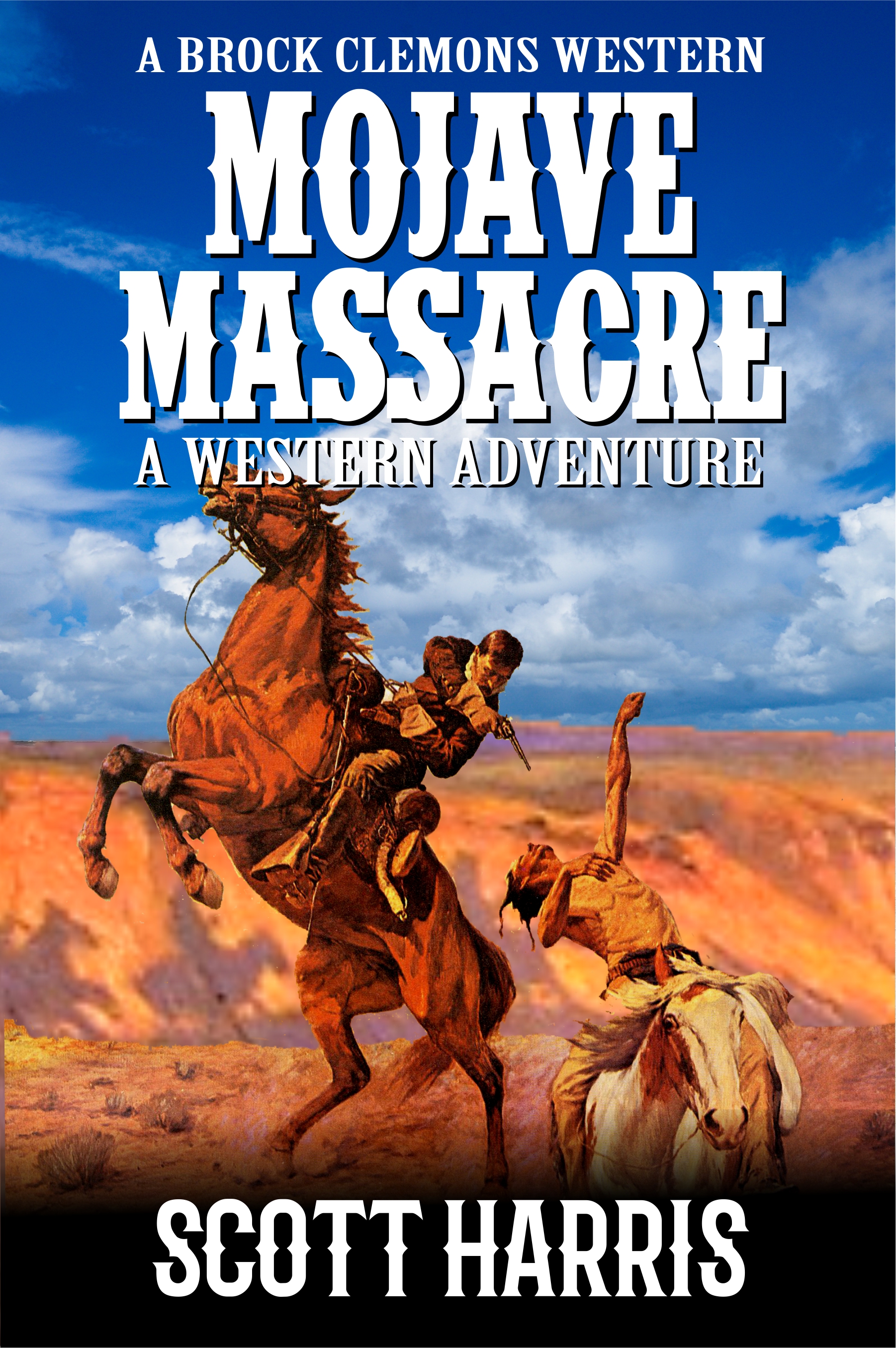

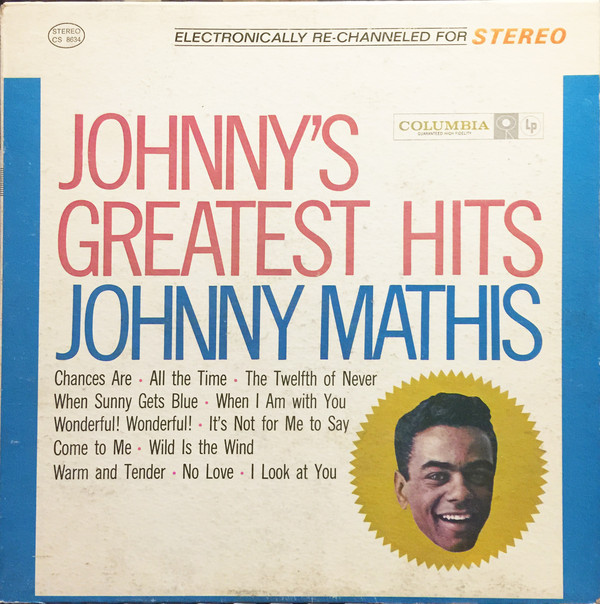
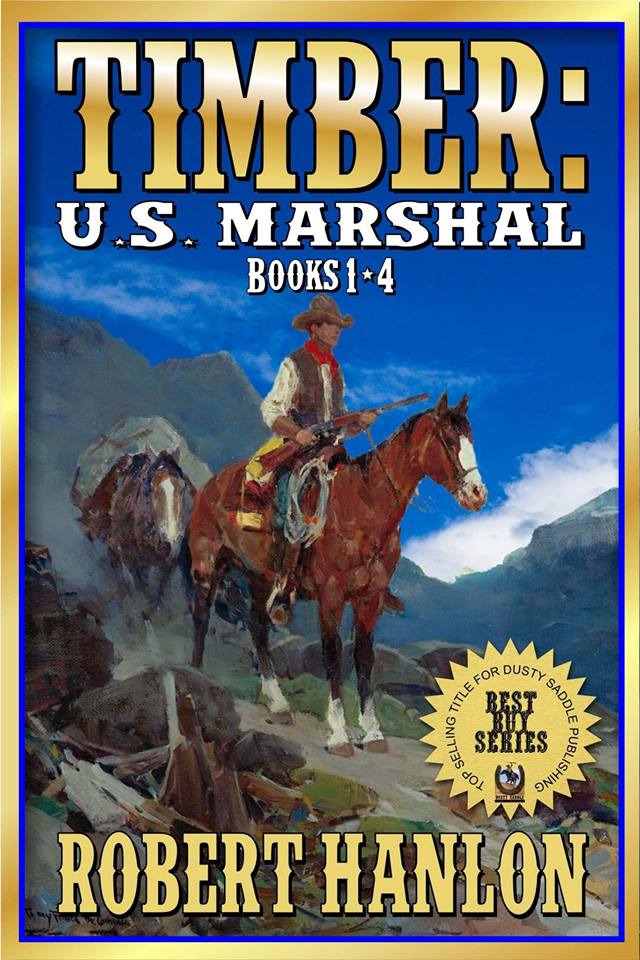
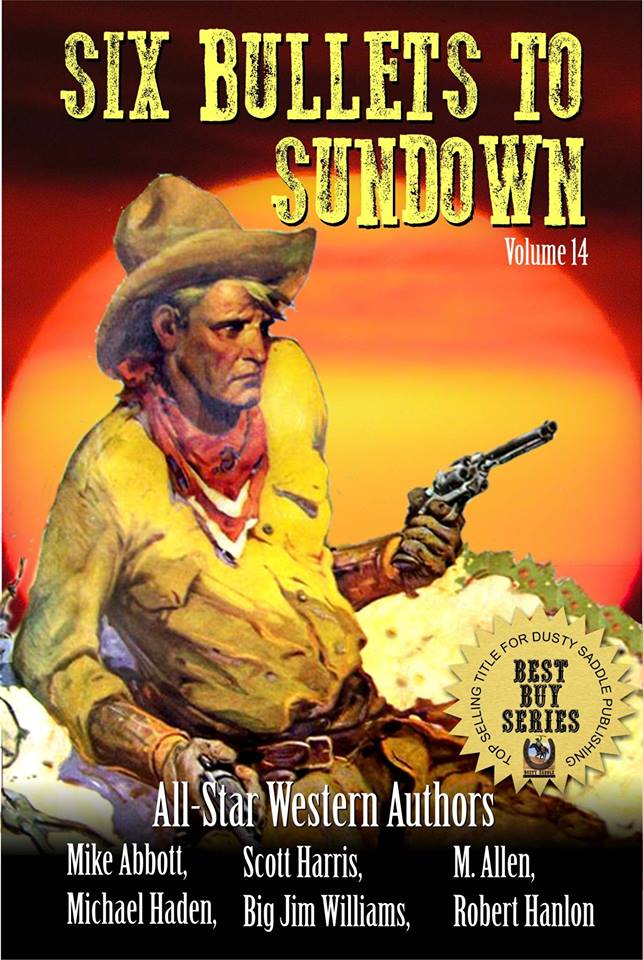
Recent Comments